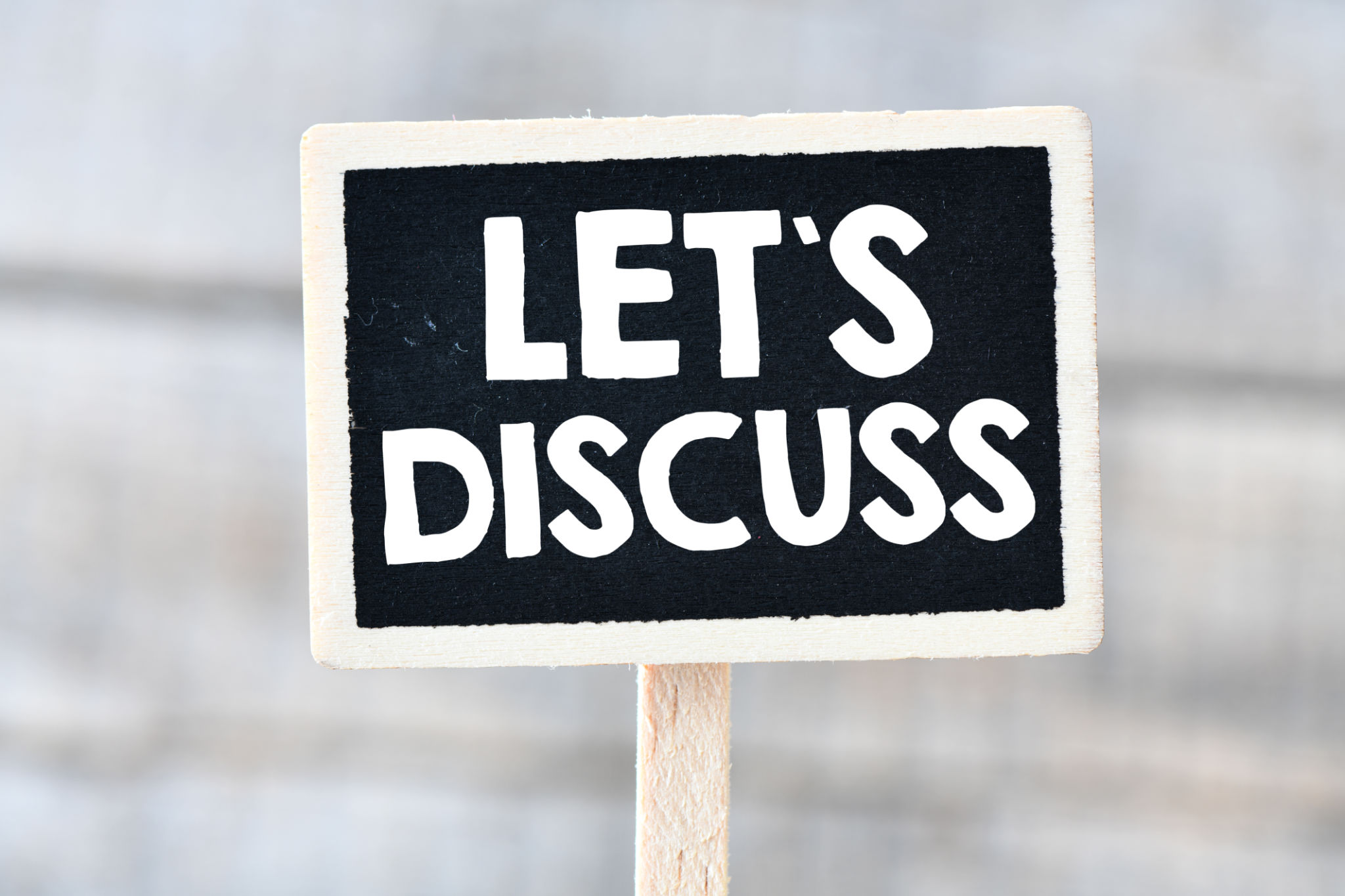The Role of Conversations in Mental Wellness: Beyond Therapy
The Importance of Conversations in Mental Wellness
In recent years, the focus on mental wellness has grown significantly, with therapy often highlighted as a primary tool for managing mental health. However, conversations outside the therapist's office play a crucial role in enhancing mental wellness. Whether it's a casual chat with friends or a more profound discussion with family, these interactions can be transformative.
Conversations can offer a sense of connection and understanding that is vital for emotional health. Engaging in dialogue allows individuals to express their feelings, share experiences, and receive support. This exchange not only helps in alleviating stress but also strengthens bonds, fostering a support system essential for well-being.

Conversations as a Tool for Self-Reflection
One of the key benefits of engaging in conversations is the opportunity for self-reflection. Talking about your thoughts and feelings with someone else can provide clarity and new perspectives. It becomes easier to understand complex emotions when you hear yourself verbalizing them, often leading to self-discovery and personal growth.
Moreover, conversations can challenge our assumptions and beliefs. When talking with others who have different viewpoints or experiences, we are encouraged to think critically and empathetically. This process can lead to greater self-awareness and emotional intelligence, both of which are important components of mental wellness.

The Role of Active Listening
Active listening is an essential element of meaningful conversations. It involves fully concentrating, understanding, responding to, and remembering what is being said. By practicing active listening, we show empathy and respect towards the speaker, making them feel valued and understood.
This practice not only benefits the speaker but also enhances the listener's ability to connect with others on a deeper level. Active listening fosters an environment where open dialogue can flourish, encouraging honesty and vulnerability that are crucial for personal relationships and mental health.

Conversations versus Social Media Interactions
In today's digital age, social media platforms have become an integral part of our lives. While they offer a means of communication, they often lack the depth and authenticity of face-to-face conversations. Online interactions can sometimes lead to misunderstandings or surface-level exchanges that do not fulfill our emotional needs.
In contrast, in-person or voice-based conversations provide a richer context through tone, body language, and immediate feedback. These elements contribute to a more meaningful interaction that can better support mental wellness by addressing emotional nuances that text alone cannot convey.

Creating Spaces for Open Dialogue
To harness the power of conversations for mental wellness, it is essential to create environments where open dialogue is encouraged. This means fostering spaces—whether at home, work, or in community settings—where individuals feel safe and comfortable to express themselves.
Encouraging open communication involves setting aside judgment and allowing for vulnerability. By doing so, we create opportunities for healing discussions that can contribute significantly to emotional well-being. Empowering people to speak freely about their mental health challenges helps normalize these conversations and reduces stigma.

Conclusion: Conversations as Complementary to Therapy
While therapy remains a vital component of mental health care, conversations outside of therapy sessions play an equally important role in maintaining mental wellness. By engaging in meaningful discussions, individuals can foster connection, self-reflection, and understanding—all critical factors for emotional health.
Recognizing the value of everyday conversations encourages us to invest time in nurturing our relationships and communication skills. By doing so, we contribute not only to our own well-being but also to a more empathetic and supportive community.